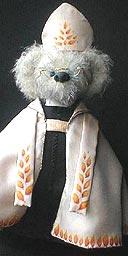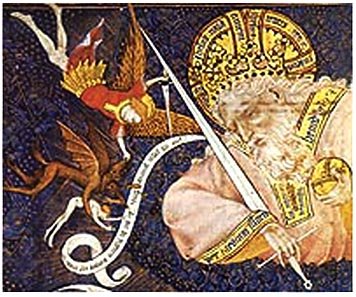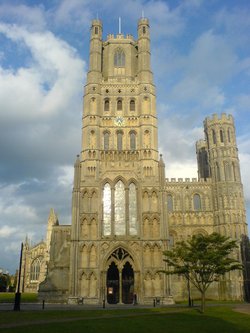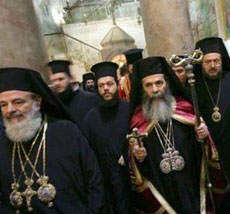Abstract
"The first Christians were an absolute enigma to their compatriots because of what was called by a Christian in the ancient letter to Diognetus ‘the amazing and admittedly paradoxical nature of their own politeia’. That term in Greek did not mean ‘politics’ but rather the first century’s definition of life in the city outside of one’s own household.

1 Peter required the Christians not to have ‘binocular’ vision looking only at their heavenly home but to have ‘monocular’ vision with its two foci, one of which was on the permanent inheritance in heaven and the other on the welfare of the city with the doing of good to others in all the spheres of life. The Christian will ‘sweep the snow off this neighour’s roof’ first before he ‘sweeps his own path’.
While social historians of early Christians and those studying them using recent models of sociology conclude that Christians withdrew from society, a careful analysis of 1 Peter in its social and theological context shows the exact opposite was the case. Christians were commanded to seek the welfare of the city in which they lived and to pray for its peace in the same way the Jewish resident aliens in Babylon had been commanded by Jeremiah to do exactly the opposite. This means that Christians today are meant to be good citizens in seeking by the doing of good the welfare of their city. It is the opposite to the ancient saying ‘If one does not seek his own welfare, then he will be destroyed by heaven and earth’. "
10 points if you can name the city the picture is from.
 s Doctor Williams I stumbled across by on Church,...enjoy.
s Doctor Williams I stumbled across by on Church,...enjoy.






